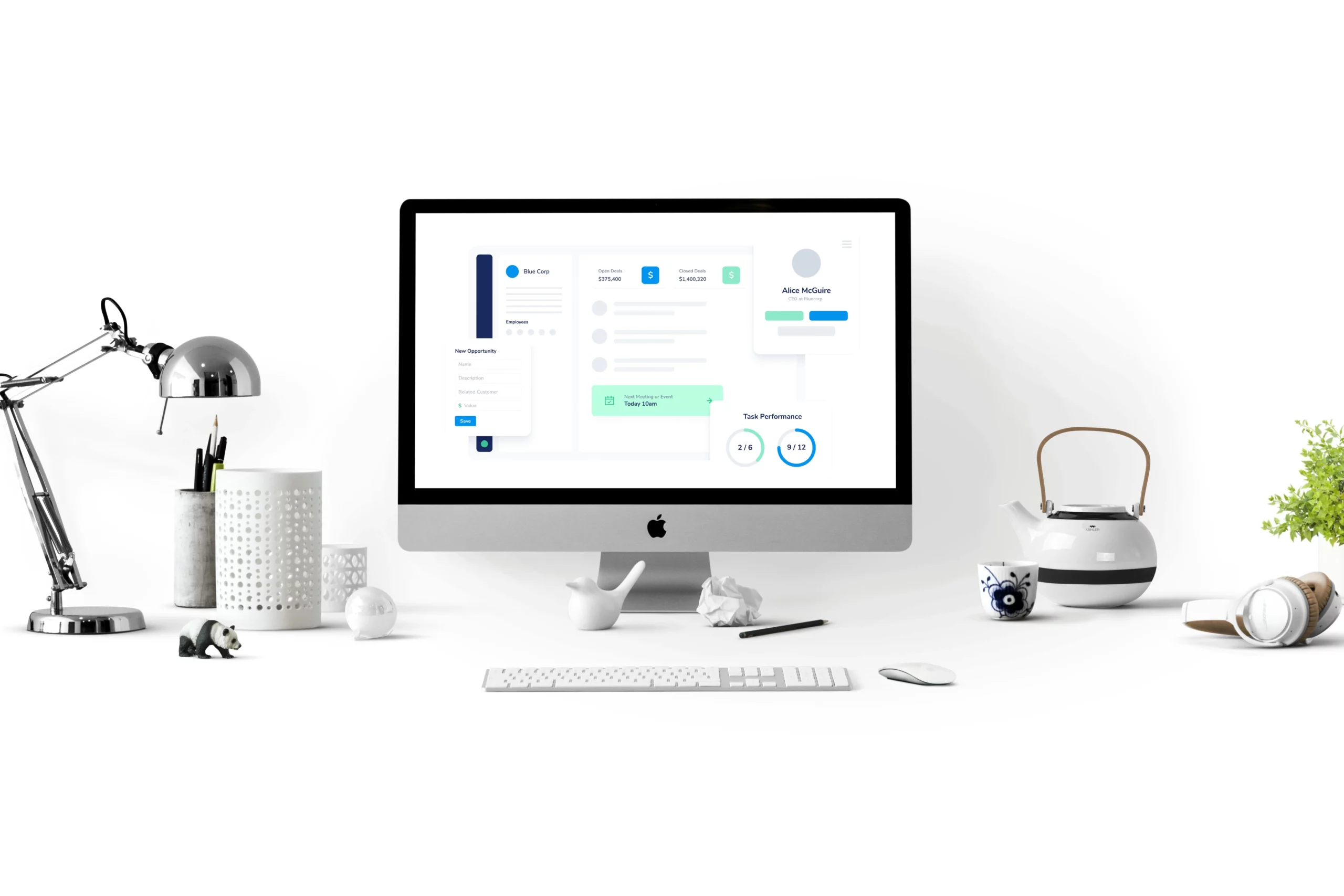In this article, I will share my own experience of using different CRMs for the travel company I have been running for almost 14 years since 2010. I will not tell the names of the exact products we have been using. Most CRM software changes all the time, so the information about certain features can get outdated. I also don’t want to advertise or criticize any specific company. Instead, I will concentrate on comparing my experience of using different approaches in developing automation for my travel company. I hope this will help you to avoid some mistakes I have made and to make an informed decision.
If you read all the article, your patience will be rewarded with a solution, which is hard to find in the web search.

1. Custom CRM for a Travel Agent and a Small Tour Operator
Our first attempt at automation came in the year 2013 with a website we received from a partner company. They had invested tens of thousands of euros developing their own trip booking system built on the Magento CMS platform. The idea of a pre-built system seemed very tempting, especially since I knew the CEO and received it for free. However, this turned out to be a costly mistake. We spent a significant amount of time and resources trying to adapt the system to our unique needs, ultimately abandoning it within two years.
What went wrong?
- Misaligned focus: The CRM and booking system were designed for high-volume booking of low-cost trips. Our company, on the other hand, sells more expensive travel packages requiring extensive interaction with potential customers before purchase.
- Unfavorable payment processing: Online purchases of expensive trips were unprofitable due to high bank transaction commissions (2-3%), while invoice payments had a flat fee of around 2 euros.
- Usability issues: The system was overly complex for our travel managers to use effectively in their daily workflows.
- Limited scalability: The product was based on Magento 1, a platform with no upgrade path to the newer Magento 2.
- Prohibitive customization costs: Further development to address our specific needs was financially unrealistic.

Pros of a Custom Developed CRM:
- Tailored design: You can design the CRM to perfectly match your company’s specific processes and workflows.
- Unique features: Develop functionalities specific to your business needs, potentially offering a competitive edge.
- Ready-made solutions: You can purchase pre-built CRM solutions and customize them further to fit your requirements.
- No-code tools (platforms that allow creating applications without coding): Modern no-code tools offer a potential solution for creating a basic CRM without needing a software engineer or development company.
Cons of a Custom Developed CRM:
- High development costs: Hiring a software engineer or outsourcing development to an agency can be expensive.
- Time investment: Significant time is required for planning, testing, bug fixing, and perfecting your custom solution.
- Costly ongoing maintenance: Continuous updates and development of new features require a dedicated investment of resources.

2. Non-Specialized CRM customized for the Travel Agent
After switching to a new website without a built-in CRM, we adopted a popular general-purpose CRM for our travel company. While it functioned adequately for managing leads and tasks for several years, it lacked automation for crucial processes like quotations, invoicing, agreements, bookings, and payments.
While invoicing and quotations were technically possible in this CRM, the system’s approach wasn’t well-suited for the travel industry’s specific needs. Task management features were good, but functionalities like call planning went unused due to being overly complicated.
Our travel company operates as both a tour operator offering charter flights and a travel agent specializing in customized itineraries. This required diverse quotation methods. We had to create custom software for rapid package pricing of charter flights, while tailor-made trips involved manual creation of PDF itineraries and calculations in Google Sheets, consuming significant time.

Pros of Non-Specialized CRMs:
- Abundant features: They offer a wide range of functionalities.
- Integration potential: Numerous pre-built integrations can connect them to popular software.
- Lead, deal, and task management: These features are typically well-developed and valuable.
- Customization: They often allow for a high degree of customization.
- Affordability: They can be more affordable, with some even offering free plans suitable for small travel agencies or destination management companies (DMCs).
Cons of Non-Specialized CRMs:
- Adoption challenges: Adapting them to a travel agency’s specific needs can be time-consuming and complex.
- Not suitable for tailor made trip quotes and trip management: Non-specialized CRMs lack automation for tailor-made quote calculations and trip management, regardless of your travel business model (tour operator, DMC, or travel agent)
- Lack of specialized features: They will not offer itinerary builders or functionalities specifically for travel businesses.
- Limited support: Smaller travel agencies might receive minimal support in setting up the software for their travel-specific requirements.

Beware of Marketing Hype:
Large CRM companies often have significant marketing budgets. They now target different industry sectors with separate marketing campaigns. So, when you encounter a webpage about a “travel CRM,” be aware that it might be just a marketing ploy for a general-purpose CRM that isn’t specifically designed for the travel industry. By checking the website’s home page you can quickly determine if it’s a genuine travel CRM or a generic solution with a travel-themed marketing campaign.

3. Travel-Specific CRM: A Perfect Fit, But With Challenges
When the pandemic started, we got a lot of time to think about automation, so we started testing travel CRM systems developed specifically for travel companies. The difficulty we faced was that all of the systems were designed for travel agents reselling package trips from tour operators. So there were no itinerary builders and the quote calculators were not very applicable for our business. The tour booking and management workflow in all those CRMs was also designed only to book tours from tour operators.
On the other hand, I have found software for travel companies that was more suitable for our needs. However, the price tag of it was very significant and not affordable for our company because the software was mostly from the United States. Alternatively, there were some itinerary and quotation builders for travel companies that were more available, but they had to be connected with a separate CRM. However, these software solutions didn’t offer the necessary level of flexibility required. So finally, we decided to develop our own software for travel agents and small tour operators. You can check out our travel CRM, itinerary and quotation builder by this link and start with a free trial or demo.
Pros of a Travel-specific CRM:
- Fast and Easy Setup: Streamlined implementation allows you to get started quickly.
- Specialized Features: Built-in itinerary builders and quote calculators are designed to different travel business types (agents, DMCs, tour operators).
- Scalability: The software can evolve alongside your growing needs.
- Customization Potential: Some smaller travel software providers offer custom feature development for your specific needs.
- Dedicated Support: Even as a small company, you can receive dedicated support.
Cons of a Travel specific CRM:
- Higher Cost: Compared to non-specialized CRMs, travel-specific options may be more expensive.
- Integration Limitations: Integrations with other online solutions might be fewer than with large universal CRMs.
- Limited Flexibility: Travel-specific CRMs may offer less overall flexibility compared to generic solutions.


